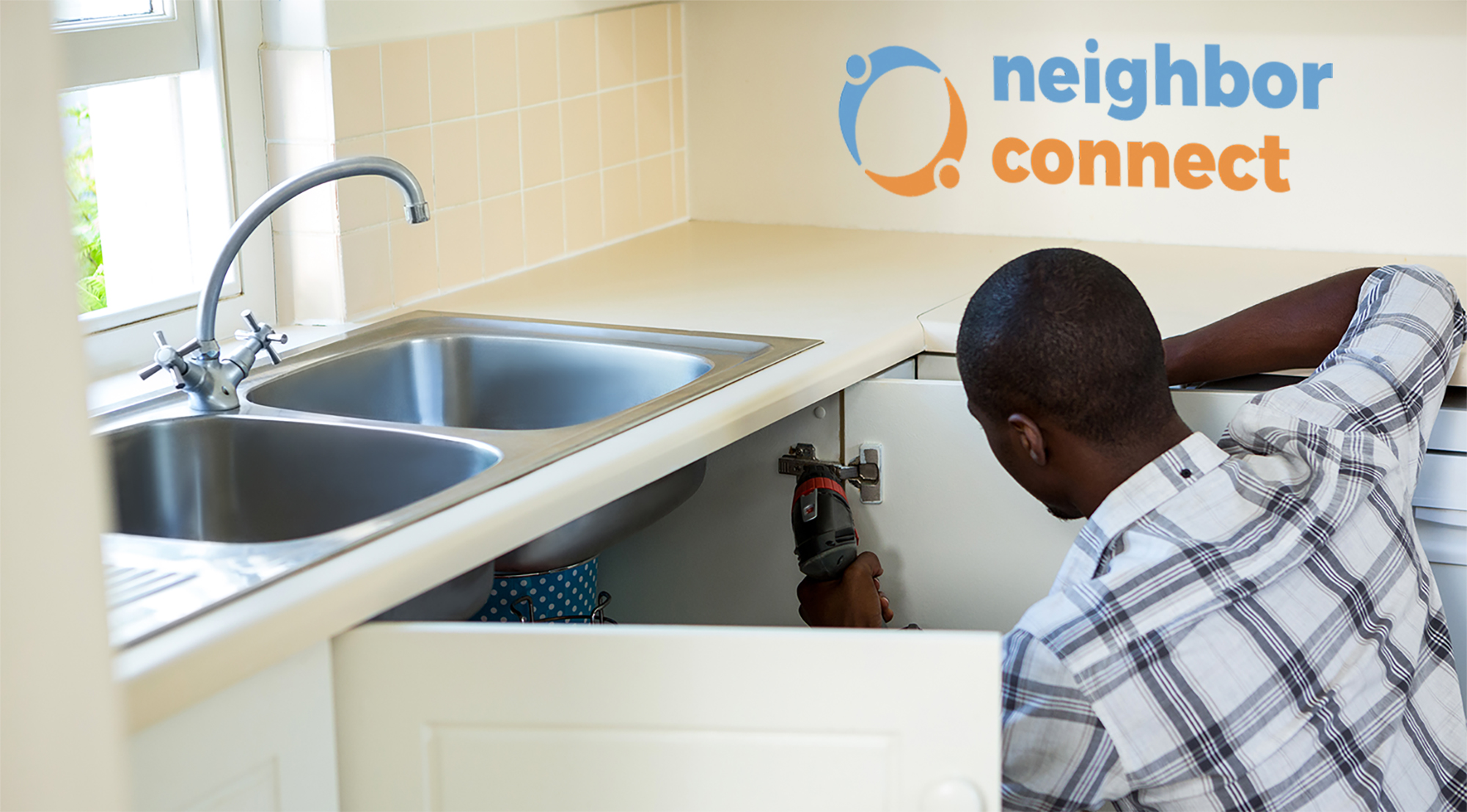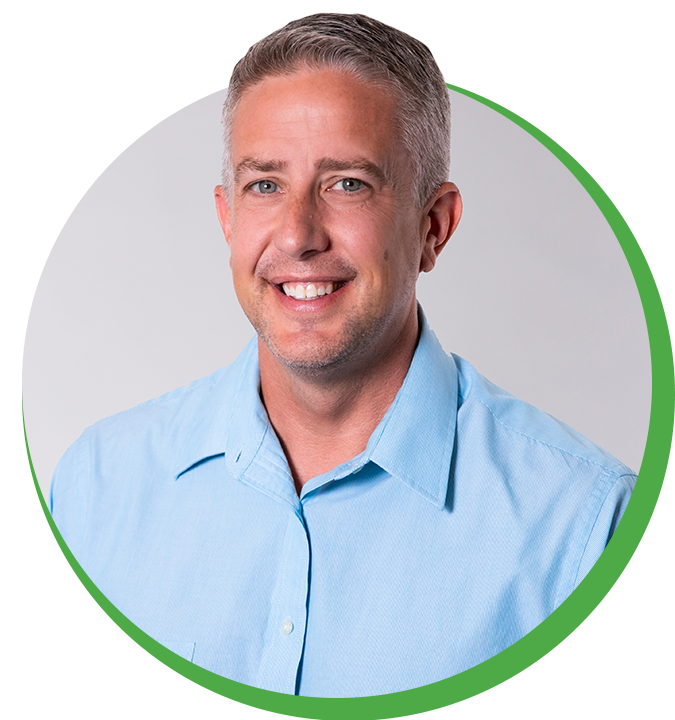Neighbor Connect: Meeting the Needs Next Door
[et_pb_section fb_built=”1″ _builder_version=”4.5.6″ _module_preset=”default” custom_padding=”0px|||||”][et_pb_row _builder_version=”4.5.6″ _module_preset=”default”][et_pb_column _builder_version=”4.5.6″ _module_preset=”default” type=”4_4″][et_pb_text _builder_version=”4.5.6″ _module_preset=”default” saved_tabs=”all” global_module=”7654″]
Travis Hurley
Director of Advancement
[/et_pb_text][et_pb_text _builder_version=”4.5.6″ _module_preset=”default” hover_enabled=”0″]
Kyle is a young man who has been mowing the yard for Mary over the past two summers. Mary is in her sixties, suffers from depression and anxiety, and is on disability. Kyle and Mary were introduced through Neighbor Connect, a program of Watered Gardens Ministries that cares for the local community by connecting one neighbor’s need to another neighbor’s skill. By databasing and categorizing the services volunteers can offer, Neighbor Connect took Kyle’s willingness to volunteer mowing services and paired it with Mary’s lawn care needs.
And the relationship between Mary and Kyle has only grown from there. At the end of last summer, Mary was so thankful for Kyle’s excellent work, she sought ways to bless him in return. And when Mary was hospitalized earlier this year for heart surgery, Kyle stepped up to take care of her dog. Then he and his wife brought dinner over while Mary was recovering.
“Who does that?” Mary said when she called the local Neighbor Connect coordinator. “Who does that? That is what a true Christian is supposed to do!”
The experience of Mary with Kyle highlights a key principle of True Charity: Subsidiarity.
The principle of subsidiarity states that matters ought to be handled by the smallest, lowest, or least centralized, competent agent. Adhering to the principle of subsidiarity means viewing the government as the last source of help for a person in need.
When government is looked to first, local communities lose their resolve to care for their own. The result? The welfare problem grows, and the fabric of a local community wears thin. Without any understanding of the person or his or her situation, charitable transactions are mostly blind and ineffective. True charity is based on face-to-face relationship-building, which empowers, ennobles, and sets free people captive to poverty.
So, if the government should be the last source of help for a person in need, who should be first?
Family, friends, and neighbors. In that order.
It is important to note that when a client comes to Neighbor Connect with a need, the Neighbor Connect coordinator does not automatically step in to help. An interview is conducted with the intent to connect them with their own family. If they don’t have any family, then effort is made to identify friends who could help–or the church to which they are affiliated. If they don’t have any of those, then Neighbor Connect seeks to step in and help.
What does that help look like?
It depends on the need. Initially, Neighbor Connect consisted of a database of willing volunteers, their location, and their identified skills. When a need arose, the Neighbor Connect coordinator would go through the database and try and find a volunteer geographically positioned with the skills to meet the need. Now, while a Neighbor Connect app is in development, a texting service is utilized. A text goes out to all of the volunteers, and this allows people to see needs in real-time and step up on a more frequent basis if they want.
It wasn’t long ago that neighbors were the first respondents to needs in their communities. We need to get back to that priority again. It’s why Neighbor Connect was created, and the program is set up to be easily replicated in any community. Like yours.
[/et_pb_text][et_pb_text _builder_version=”4.5.6″ _module_preset=”default” hover_enabled=”0″]
If you live in the Joplin 4-State region and are interested in volunteering with Neighbor Connect or referring a client of your ministry for assistance, visit neighborconnect.us.
[/et_pb_text][et_pb_text _builder_version=”4.5.6″ _module_preset=”default” hover_enabled=”0″ saved_tabs=”all”]
[/et_pb_text][/et_pb_column][/et_pb_row][/et_pb_section]
Learn about True Charity here.



